Optimal Timing for Water Treatments
Water treatments are essential for maintaining water quality and ensuring safe, clean water supply across various applications. Proper timing of treatments can enhance effectiveness, prevent issues such as scaling, corrosion, and microbial growth, and extend the lifespan of plumbing systems and equipment. Understanding the best times to perform water treatments depends on factors like seasonal changes, water source conditions, and usage patterns.
Water quality can fluctuate with seasons, often requiring treatments before peak usage periods or during temperature shifts to prevent buildup and contamination.
Regular testing of water sources helps determine the optimal timing for treatments, especially when contamination levels or mineral content change.
High usage periods, such as summer months, may necessitate more frequent water treatments to maintain water quality and system efficiency.
Scheduling treatments during routine maintenance windows can prevent issues before they arise, reducing long-term costs and system downtime.
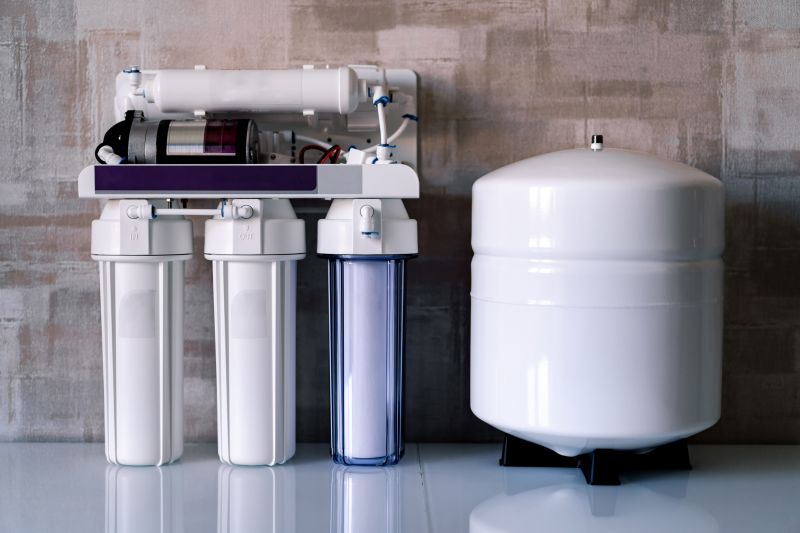
Water treatment involves various processes such as filtration, disinfection, and chemical adjustments to improve water quality.

Accurate testing tools are vital for determining the right timing and type of treatment needed.
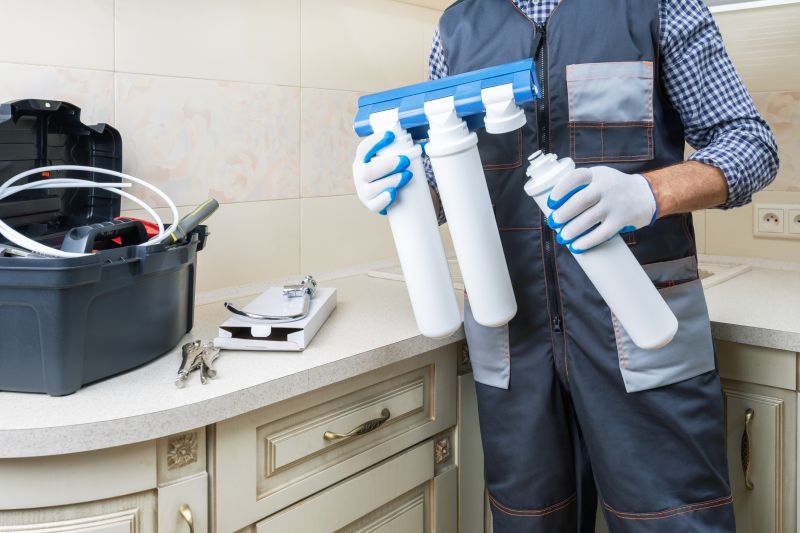
Applying chemicals at optimal times ensures maximum effectiveness in controlling scale and microbial growth.
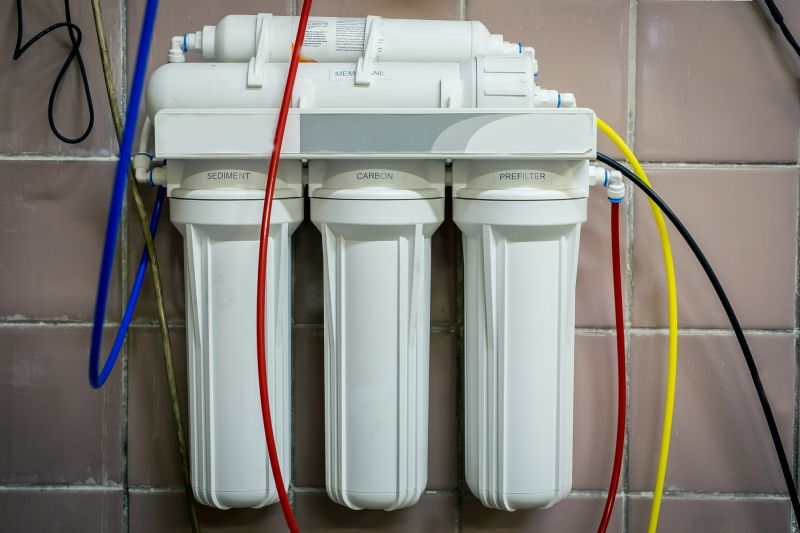
Properly maintained filtration systems are crucial for consistent water quality and treatment timing.
| Timing Consideration | Recommended Approach |
|---|---|
| Seasonal Changes | Perform treatments before seasonal temperature shifts to prevent mineral buildup. |
| High Usage Periods | Schedule treatments during peak usage to maintain water quality. |
| Water Source Fluctuations | Test water regularly and treat when contamination levels change. |
| Routine Maintenance | Integrate water treatments into scheduled maintenance cycles. |
| Environmental Conditions | Adjust treatment timing based on temperature and humidity levels. |
| Pre-emptive Prevention | Treat proactively to avoid microbial growth and scaling. |
| Post-Repair or Installation | Perform treatments after system repairs or new installations. |
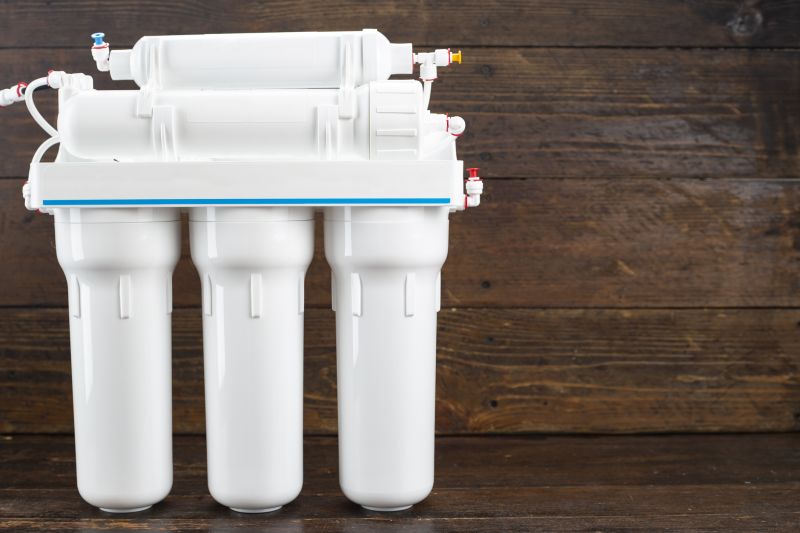
Advanced equipment ensures precise timing and effective water treatment processes.
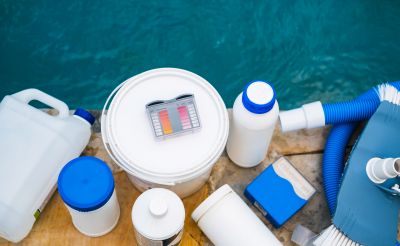
Laboratory analysis helps determine the optimal timing for treatments.
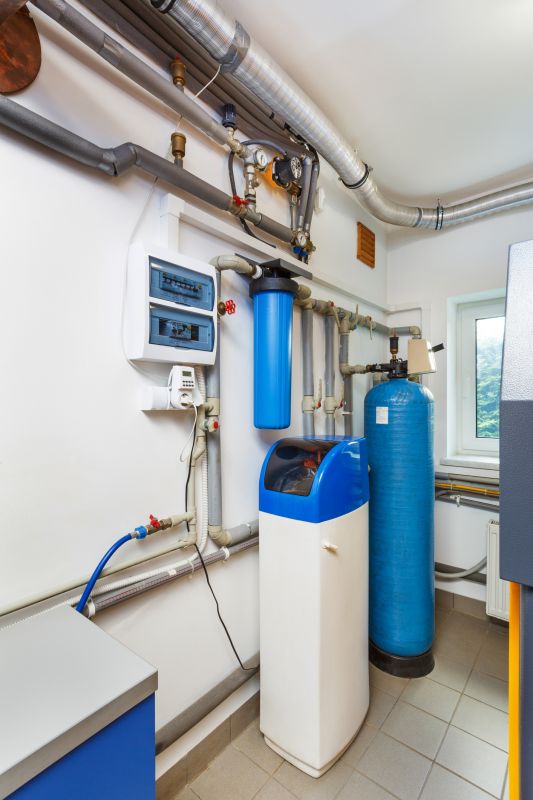
Proper storage and timely application of chemicals are essential for treatment success.
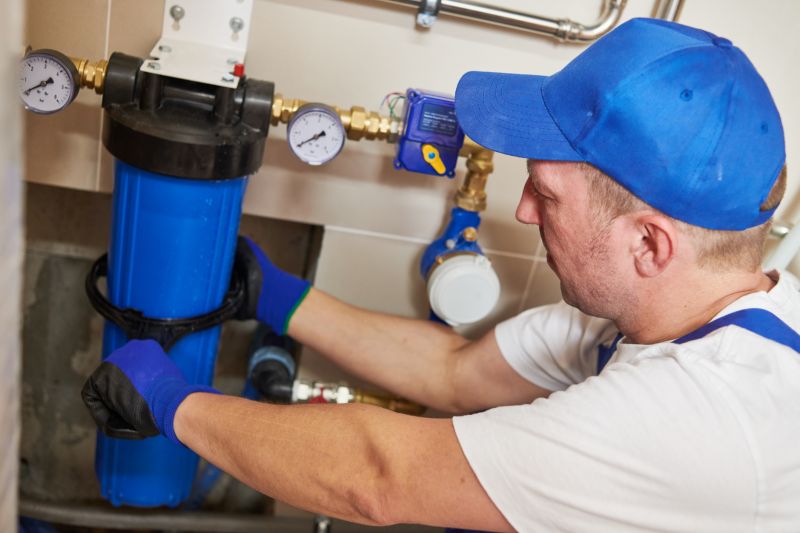
Regular system checks support effective treatment scheduling and execution.
Water treatments play a vital role in ensuring water quality, safety, and system longevity. Implementing treatments at appropriate times maximizes their benefits and reduces the risk of issues such as scale formation, corrosion, and microbial proliferation. Proper timing depends on a combination of factors including seasonal variations, water source conditions, and usage patterns. Regular monitoring and proactive scheduling are key to maintaining optimal water quality.
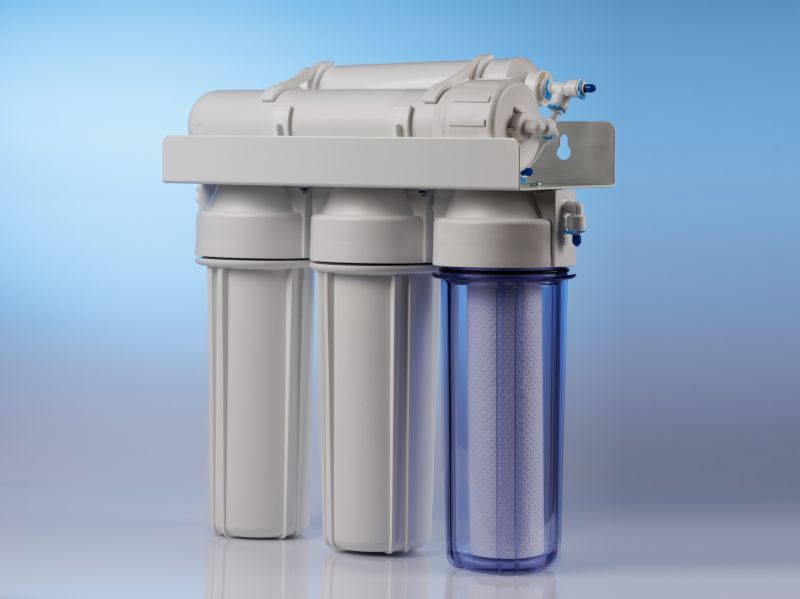
Comprehensive systems designed for effective water treatment at optimal times.
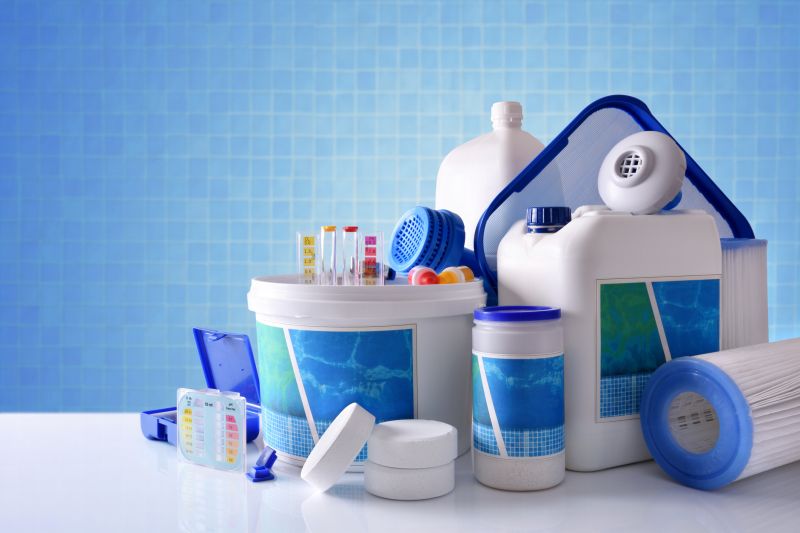
Testing ensures water quality standards are met and treatment timing is appropriate.
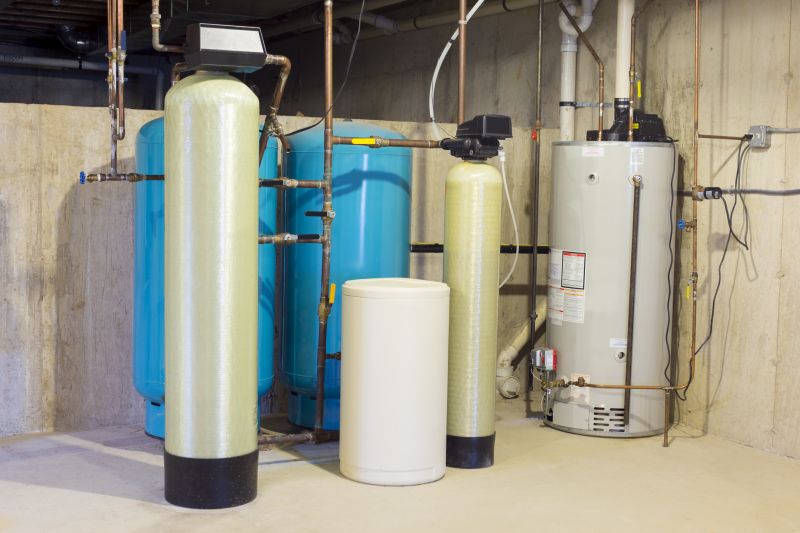
Precise application of chemicals enhances treatment effectiveness.

Popular materials for Water Treatments and why they hold up over time.
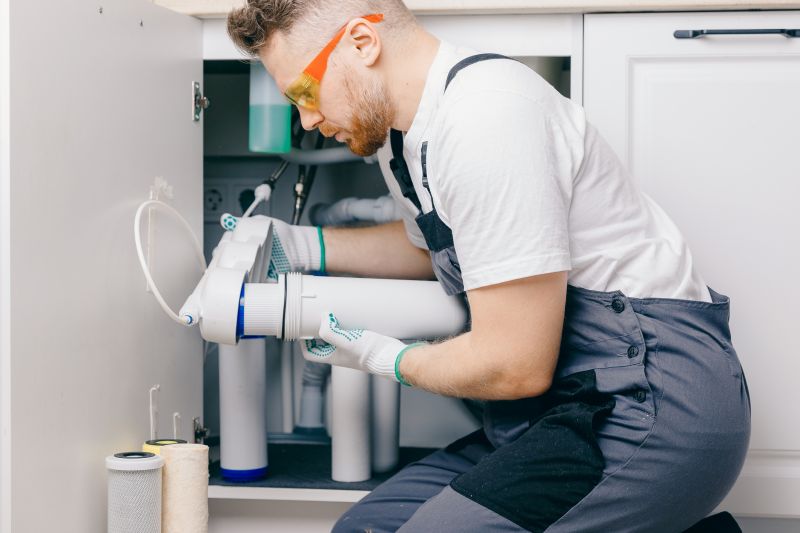
Simple add-ons that improve Water Treatments without blowing the budget.
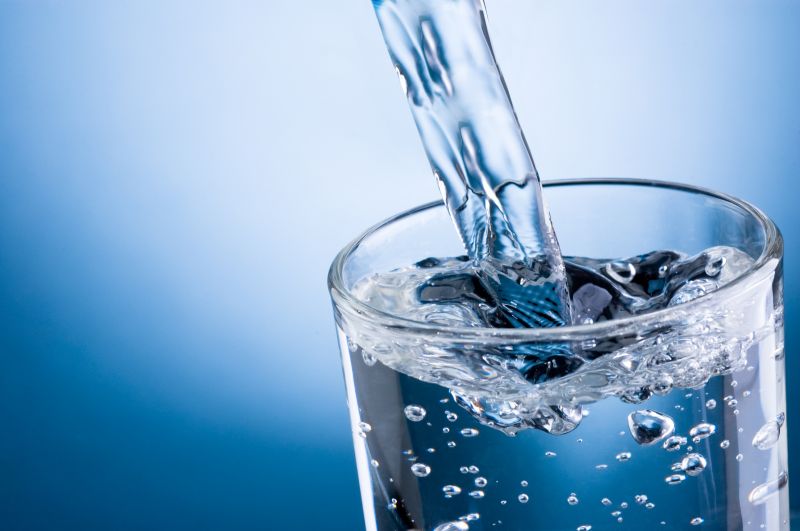
High-end options that actually feel worth it for Water Treatments.

Finishes and colors that play nicely with Water Treatments.
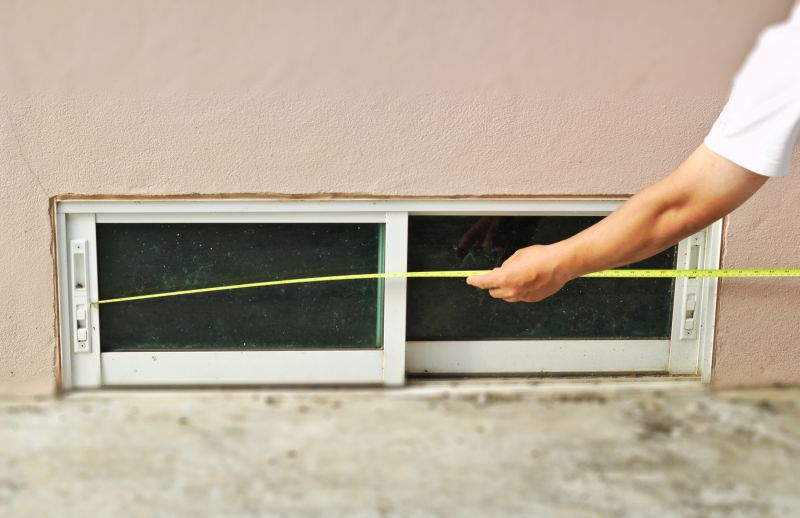
Little measurements that prevent headaches on Water Treatments day.
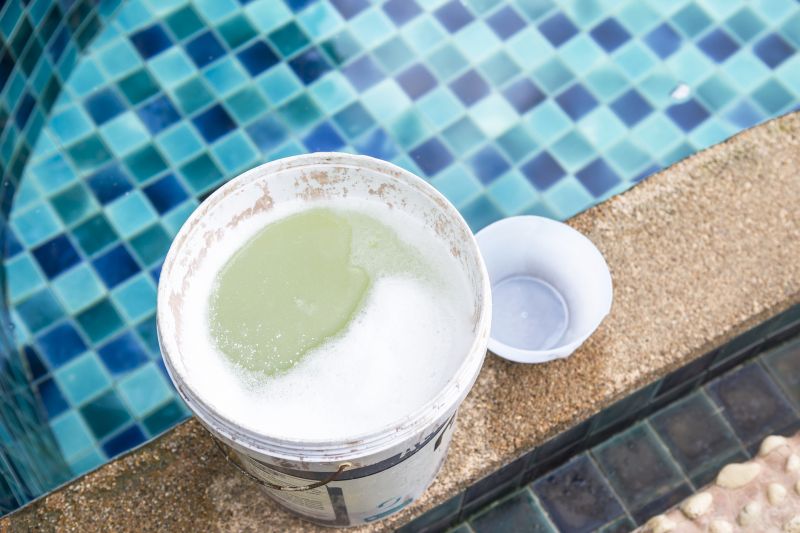
A 60-second routine that keeps Water Treatments looking new.
Interested parties are encouraged to contact for more information about scheduling water treatments. Proper timing and execution are crucial for maintaining water quality and system performance. Filling out the contact form can help determine the best treatment schedule tailored to specific water conditions and usage patterns.


